This Boise medical-billing startup began in a basement. It just sold for $300 million
A Boise company that has little name recognition but is well-known among health care providers for its online patient payment system has been sold to a Chicago company for $300 million.
VisitPay, founded in 2010 in CEO Kent Ivanoff’s basement in the Boise Foothills, and now headquartered at 1471 W. Shoreline Drive, was acquired by R1 RCM Inc., both companies announced Tuesday.
Formerly known as Accretive Health, R1 RCM stands for “Are one revenue cycle management” partner for health care providers. It provides services for hospitals, health systems and physician groups across the United States.
“We’re pretty darn excited,” Ivanoff said during a Zoom interview. “We really didn’t have an intention of selling the company right now. This wasn’t was in our in our game plan. But over the course of the last six months, the market just really crystallized, and we had over a dozen companies reach out to us about becoming part of their broader enterprise.”
VisitPay and its just under 120 employees will remain in Boise. And Ivanoff will continue to lead them.
VisitPay’s board of directors accepted the offer from R1, which has 23,000 employees, after evaluating the company’s commitment to four areas that VisitPay considered critical, Ivanoff said.
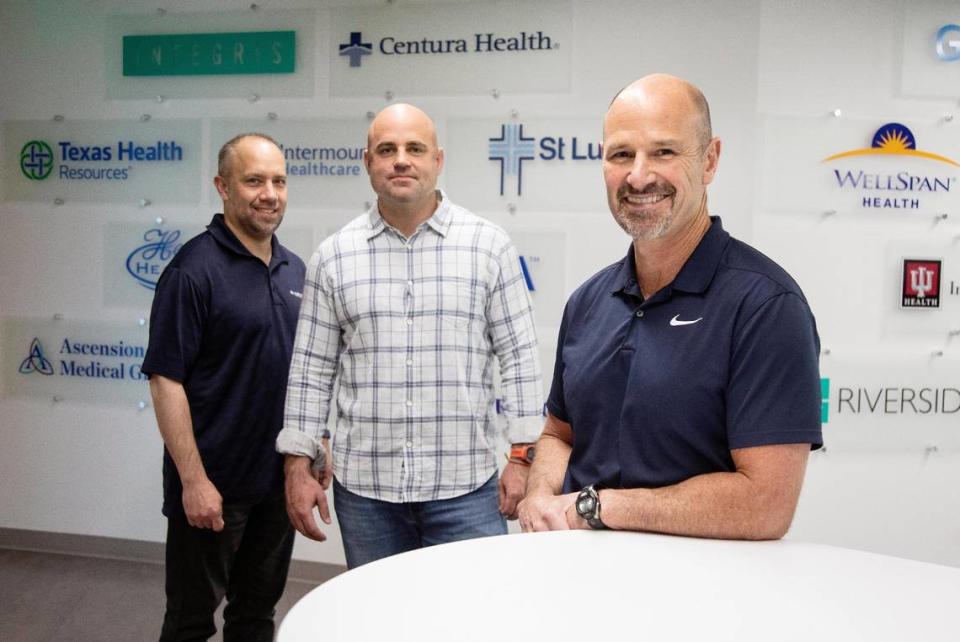
“It had to be better for our investors,” he said. “It had to be better for our clients and their patients. It had to be better for our employees. And as an Idahoan, it was important to me that it had to be better for our community.”
Ivanoff was one of three company founders, along with Vince Martino, the company’s chief product officer, and Nikolaus Trotta, chief operations officer. The company did not disclose ownership percentages for the three. Other major investors were Norwest Venture Partners, Flare Capital, Ascension Ventures and Boise-based Caprock Group.
VisitPay follows a number of other Boise startups that attracted buyouts from other companies. Last year, Swedish telecom firm Ericsson bought Cradlepoint. Before that was Intuit’s 2017 purchase of TSheets and Microsoft’s 2006 acquisition of ProClarity.
“I’ll report directly to the CEO of R1, and our team will continue to report to me,” Ivanoff said.
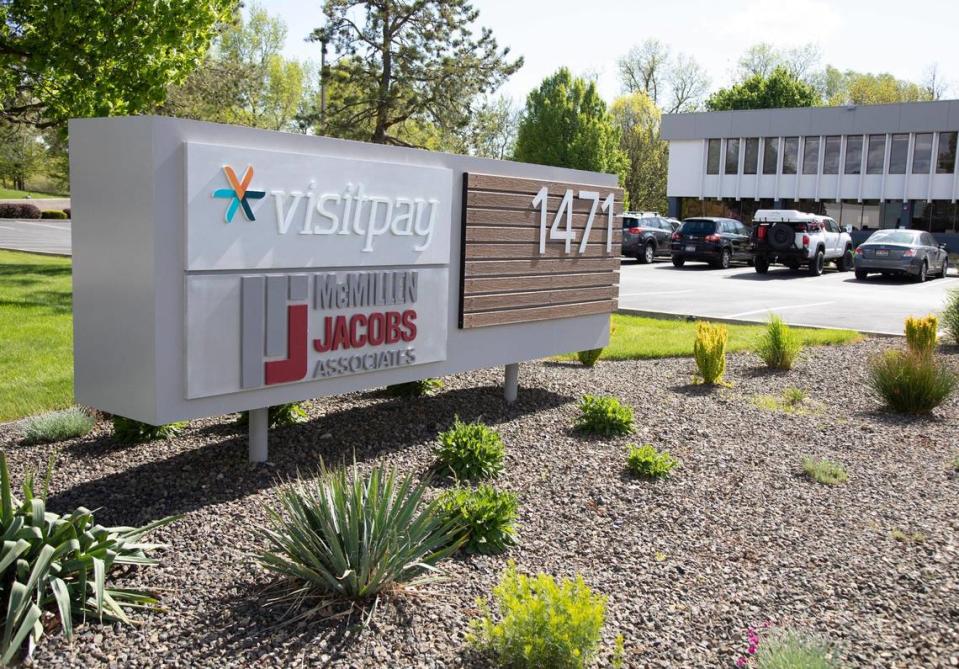
Ivanoff began by creating a credit card company that he sold to Capital One in 1999.
After Congress passed the Affordable Care Act, also known as Obamacare, in 2010, Ivanoff and Martino thought health care providers would receive less money from insurance companies and government programs such as Medicare. That meant patients would be responsible for paying a higher percentage of their bills.
They envisioned a system that would allow health care providers to collect money more easily from patients. The company was originally known as iVinci Health.
“What we built was a technology that allows them to manage that with as much sophistication as anything I’d had at my disposal at Capital One,” Ivanoff said.
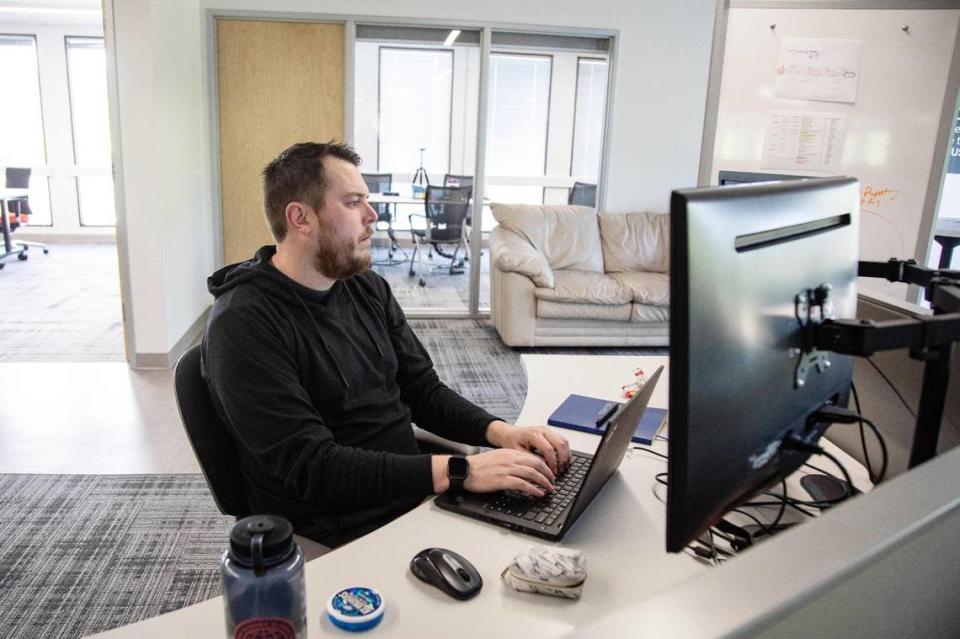
St. Luke’s Health System in Boise was one of VisitPay’s earliest customers and has invested an undisclosed amount of money.
“For every dollar that St. Luke’s spends on our technology, they get back between $5 and $10,” Ivanoff said.
Payment collection has increased by 29% at St. Luke’s, and patient satisfaction with the billing process has increased by more than 100%, St. Luke’s Chief Financial Officer Jeff Taylor said by phone.
“Our patients have benefited from having an easier, better financial experience,” Taylor said. “St Luke’s bill pay allows you to interact directly with the system to establish a payment plan if you need to pay for four months or six months or whatever. You can also chain together family members on a single account and adjust your payment plans accordingly.”
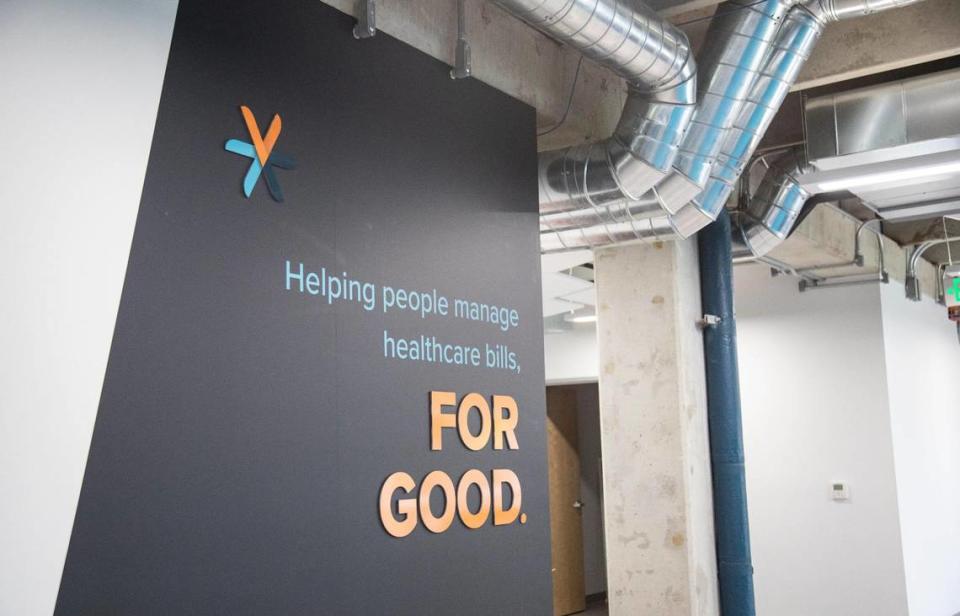
Texas Health Resources, which operates 29 hospitals and 350 outpatient clinics, uses VisitPay. So does Intermountain Healthcare, which operates 25 hospitals in Idaho and Utah and 225 clinics and urgent care clinics in Idaho, Utah and Nevada. Hospital systems in Detroit, Pennsylvania and Colorado are among VisitPay’s customers.
“What we’ve done is create a platform that is in one out of every 10 not-for-profit hospitals in the country, from Boise, Idaho,” Ivanoff said.
A recent VisitPay study found that medical bills rank second only to credit card bills as a source of stress for consumers, yet land at the bottom of all bills when consumers set priorities for payment. Consumers reported they were frustrated by surprise costs, confusion over how much insurance would pay and unclear charges and dates.
VisitPay’s portal, branded through each health care system, provides health information, details on treatment and billing, and a way to schedule appointments. The ability to pay online, rather than calling a billing representative, is easier for the patient and cheaper for the provider, he said.
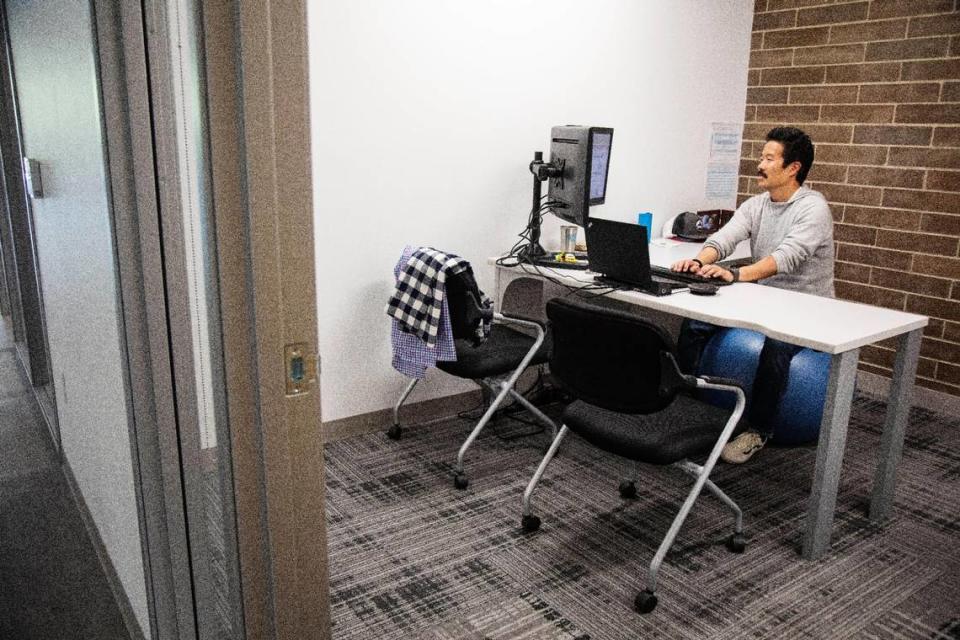
“They use their call center staff for those very significant interactions where you need a human being involved,” Ivanoff said.
VisitPay increases patient payments from 30% to 100%, he said.
“That is literally saving dollars that would have gone to bad debt, or create bankruptcy for consumers and getting them into a into a plan that makes sense for them in their budget, and that they can manage,” he said. “We help hospitals manage that entire dynamic.”
The deal is expected to close in the third quarter, subject to regulatory approval and other closing conditions.

